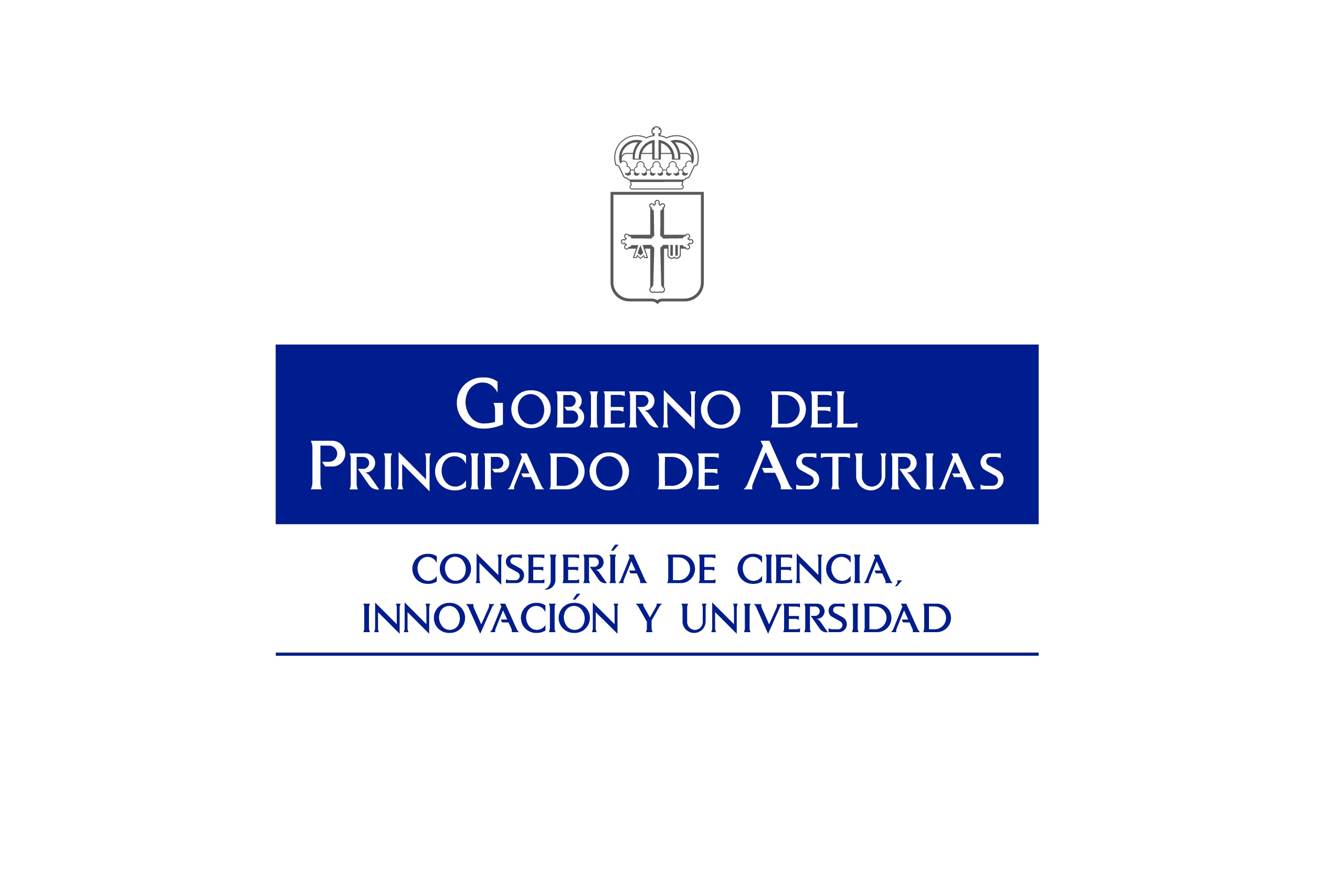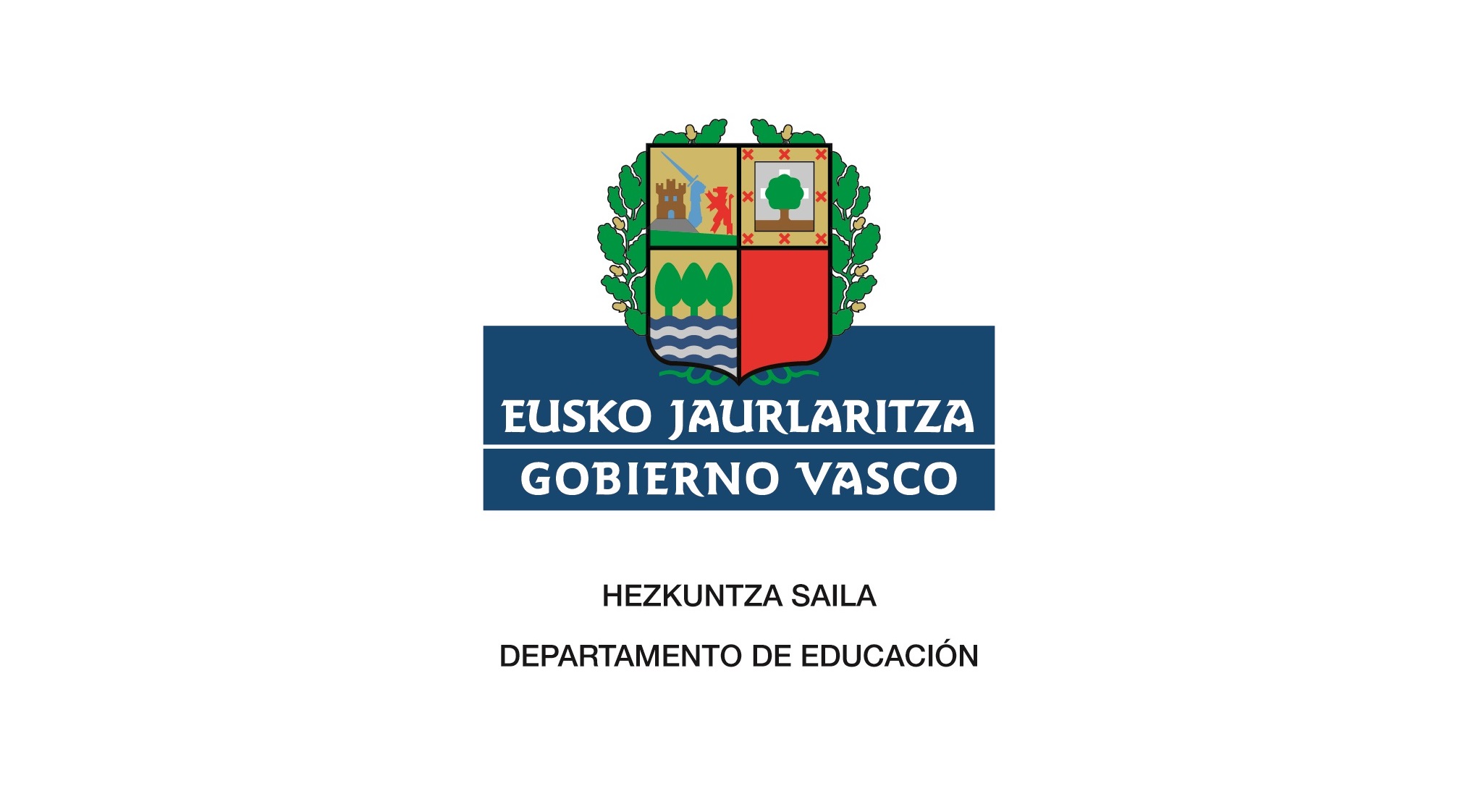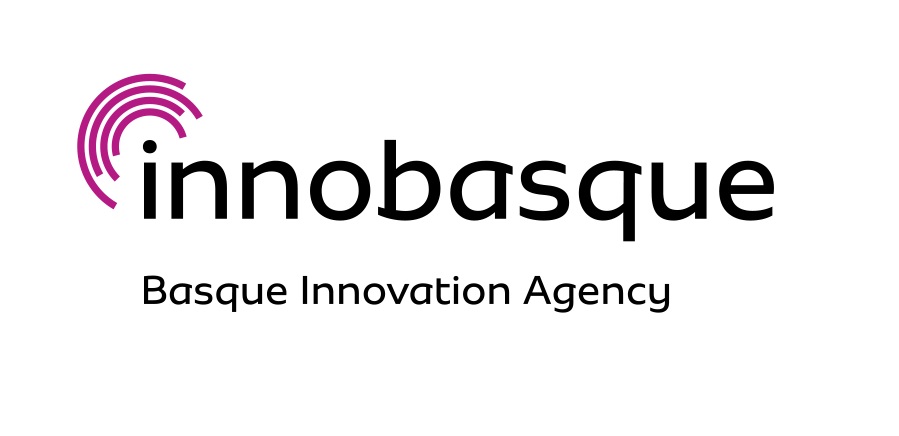VALNALÓN (Ciudad Industrial del Valle del Nalón)
Originally conceived in 1987, Valnalon is an agency of the regional government of Asturias (Spain) in Asturias (pop. 1 million), a former industrial region with an economy largely based in coal and steel. Valnalon is strategically located in Langreo occupying the premises of an old steel factory. Far from coincidental, this location conveys a clear message about Valnalon mission, to act as a catalyst, to facilitate a somewhat difficult transition into a new economic model based in entrepreneurship and innovation that requires a whole different mindset. Thus, Valnalon team (which employs 24 people) has the mandate to put into practice the ideas exposed in the Asturias Regional Action Plan for Entrepreneurship in two key areas: Entrepreneurship Education and Business start-up support
Valnalon has earned an excellent reputation due to its pioneering role in the the promotion of entrepreneurship and innovation in the education system. Here the focus is on the development of the “sense of initiative and entrepreneurship” key competence, a set of knowledge, skills and attitudes among young people. Valnalon plays a brokering role bringing together decision-makers, practitioners, and other social agents such as employers and third sector organizations to design and implement a coherent portfolio of enterprise education projects in primary, secondary and VET. By way of example, more than 150 schools and 12000 pupils and students took part in our projects last year (2017-2018). We would also like to highlight, Valnalon has gone at great lengths to connect its two core areas of work by involving more than 200 regional entrepreneurs and employers in the delivery of our enterprise education programmes last year alone.
In 2019, the regional Department for Innovation asked us to coordinate the efforts to shape the budding regional STEM strategy (ASTURIAS4STE(A)M). Ever since its inception Valnalon has also provided business start-up advice, training and support to budding entrepreneurs helping them to create hundreds of new companies. Last year our business advisors worked alongside 404 users in the development of 208 projects leading to the creation of 43 new companies (59 new jobs). Start-ups have also the opportunity to rent office space in our premises (24 companies, at present) and we offer specific training courses touching upon different aspects of business management (last year, 18 trainings).
The regional STEM strategy co-implemented by VALNALÓN called 'ASTURIAS 4 STEAM' is one of the actions envisaged to fulfill strategic goal #1 of the 5-year Regional Plan for Science, Technology and Innovation (“Improve human capital in RDI”). The programme focuses on Primary, Secondary and VET education and seeks to generate interest in STEM, equip younger people with a set of useful competences for their personal and professional life and raise aspirations to pursue professional careers in STEM. In the first year of operations (2019) the region has:
- Set up an advisory board (incl. policymakers, university, RDI sector representatives (research institutions, employers, professionals)
- Undertaken a baseline study of STEM in our region drawing on existing quantitative data (education and employment stats) in order to determine :
- Interest in STEM disciplines/careers
- STEM competence/skills development of our young people)
- STEM labour market (occupations/jobs/quality of employment/skills gaps/skills shortages)
- Mapped existing initiatives (led by schools and/or external providers)
- Drafted a communication plan and create website and social media profiles (in progress)
The baseline study debunks with evidence some of the taken-for-granted assumptions and negative messages directed at our education system. Asturias' performance in international assessments (TIMSS and PISA) is slightly above both the national and EU-average. And the same applies for interest in science (based in PISA latest data). Having said this, there’s ample room for improvement, i.e redressing not only the gender but also the socio-economic imbalances in STEM participation, tackling the high early leaving in Engineering careers but the starting point is not as bleak as initially suggested.
On the employment side, our analysis of regional labour market data for STEM occupations brought to surface the need to provide a more nuanced version of the “employability of STEM graduates”. Not all STEM qualifications secure a job, skills shortages are concentrated in very specific STEM sectors but more importantly most urgent imbalances are not on the supply but on the demand side. And they have to do with the structure (job polaristaoin) and size of our regional labour market (as compared to other regions) and the quality of employment (short-term contracts, low wages, precariousness)
Valnalon holds ISO 9001:2015 certification










